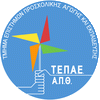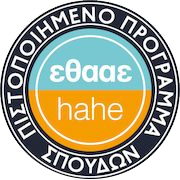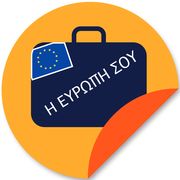Διδακτορικό Δίπλωμα Σπουδών
Τμήμα Επιστημών της Εκπαίδευσης και της Αγωγής στην Προσχολική Ηλικία (Τ.Ε.Ε.Α.Π.Η.), Πανεπιστήμιο Πατρών
Μεταπτυχιακό Δίπλωμα Ειδίκευσης
Κατεύθυνση: «Διδακτική των Θετικών Επιστημών: Εκπαιδευτικά Προγράμματα, Αξιολόγηση και Τεχνολογίες της Πληροφορίας και των Επικοινωνιών στην Εκπαίδευση»
Τ.Ε.Ε.Α.Π.Η., Πανεπιστήμιο Πατρών
Πτυχίο Παιδαγωγικού Τμήματος Νηπιαγωγών
(νυν Τ.Ε.Ε.Α.Π.Η.), Πανεπιστήμιο Πατρών








![Εικόνα Φραγκιαδάκη Γλυκερία [Fragkiadaki Glykeria]](https://www.nured.auth.gr/dp7nured/sites/default/files/styles/profile_image/public/pictures/picture-1293-1645528029.jpg?itok=6rJQKdpa)





